Our Partners
The Centre – hosted by the University of the Western Cape and co-hosted by the University of Pretoria – is a virtual organisation that brings together the expertise of numerous South African and international institutions and over 100 researchers across various disciplines. It is the first DST-NRF Centre of Excellence to be hosted at a historically black university.




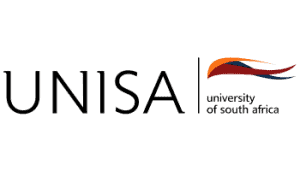

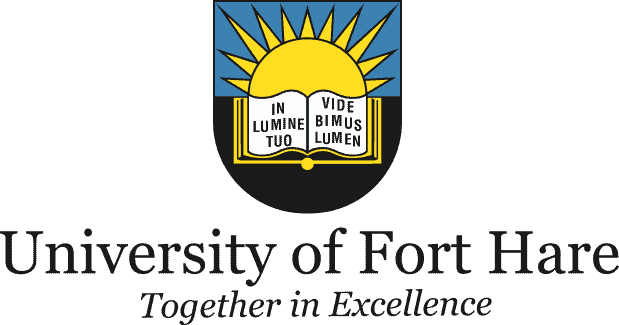
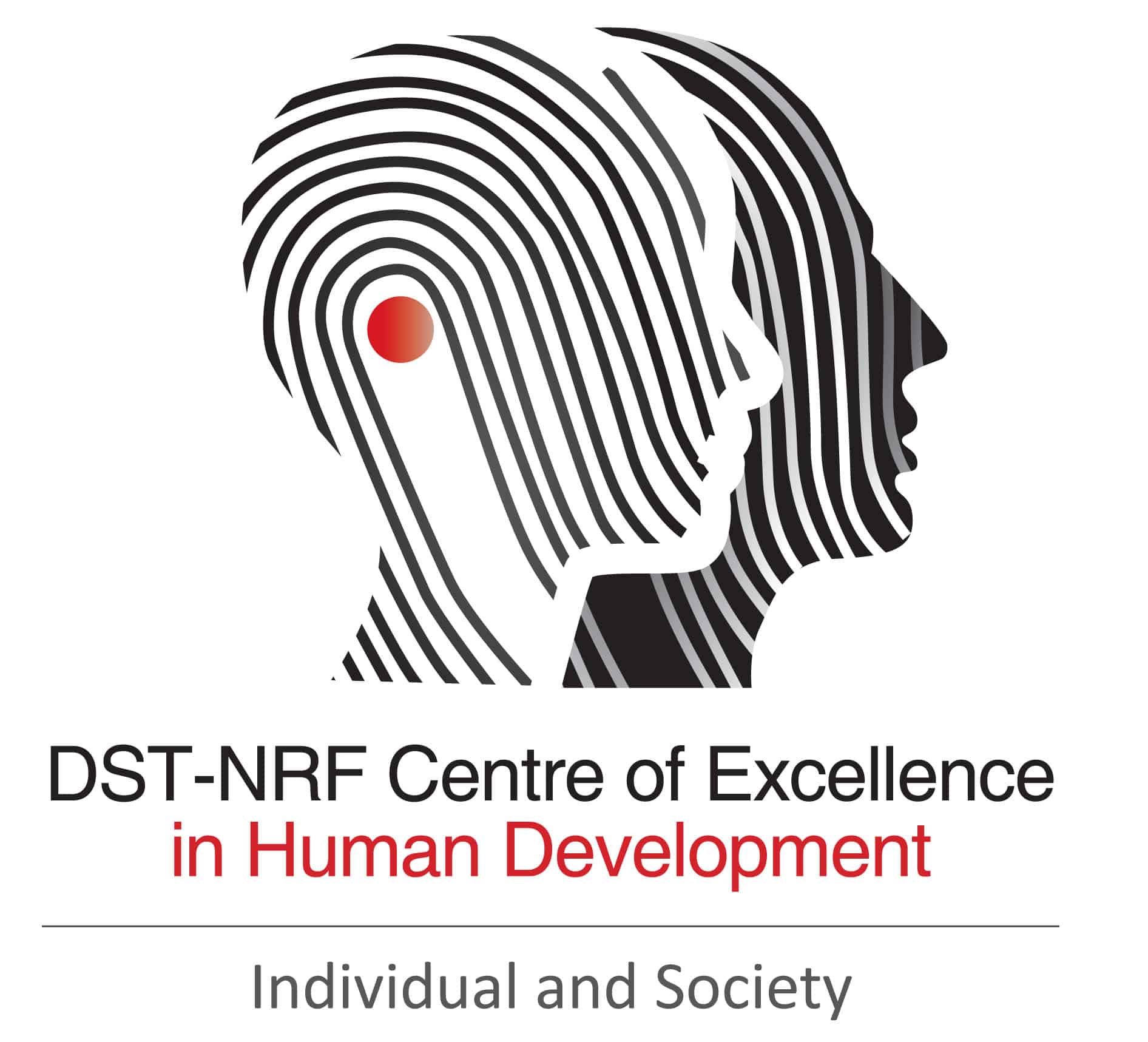
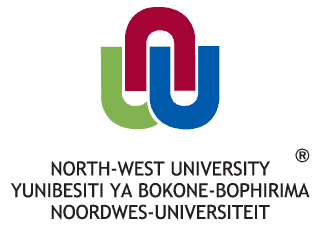

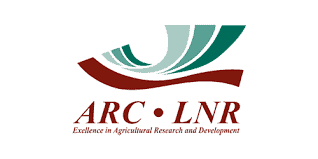
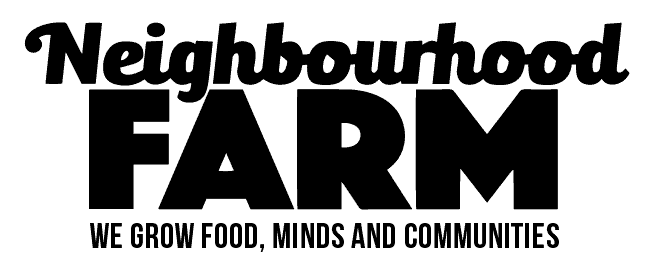
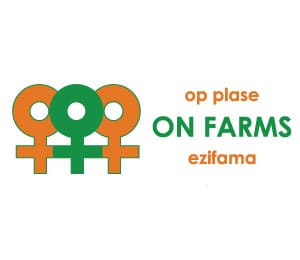



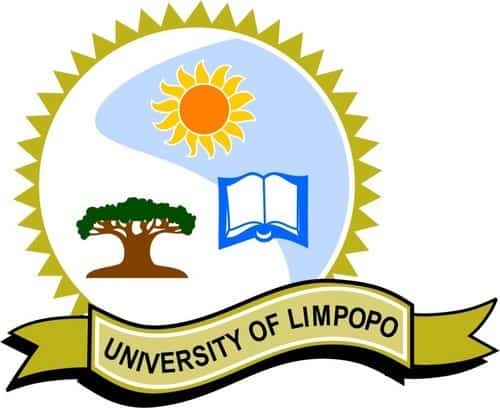



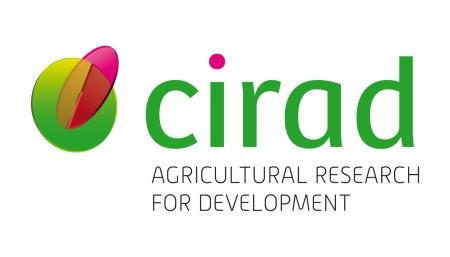
Joint Publications
Phase 2 – Agroecological initiatives in...
Background to the study Low- and medium-income countries face several interlinked sustainability challenges. In particular, food systems must provide food and nutrition security, decent jobs and incomes, and adapt to climate change in a context where government budgets are constrained. Agroecological approaches are increasingly recognised as relevant solutions for ensuring sustainable food production and security under climate change and without any negative environmental impacts. Several knowledge gaps exist about the possible contribution of agroecological food systems for sustainable development and, particularly, their capacity to provide: food security: sufficient, affordable, nutritious and healthy food for rural and urban populations; decent jobs and incomes; and food production that respects the environment while adapting to climate change. Ongoing projects and research initiatives mostly...
Foods procured, nutritional status and dietary...
The estimated population of 58.8 million South Africans live in a country that is regarded as nationally food secure, but the divide in terms of access to resources and high unemployment continues to render a significant proportion of citizens food insecure and at nutritional risk. In addition, urbanisation is contributing to changed livelihoods and diets in both rural and urban areas. Food acquisition is primarily dependent on cash in food systems that are being transformed through the penetration of formal retail, international trade and globalisation. In most parts of South Africa, subsistence agriculture has been eroded as a result of apartheid land policies and overcrowding. Inadequate agricultural extension services have resulted in even remote rural households increasingly relying on processed...
TAFS Policy Brief 2: Learning from...
Synopsis Transformation of food systems in line with agroecological principles remains marginal in South Africa. In spite of numerous policies, plans and programmes, limited change highlights the weak budgets, segmented interventions and lack of coordination. These problems reflect the power dynamics in the prevailing food system, which is dominated by large-scale conventional agriculture and food corporations. At the national level, several social movements support agroecology, organic production and food sovereignty. These, however, lack the connection with consumers required to establish a coalition for change that could influence the political scene and lead to policy changes. Consumers are understandably focused on their current living conditions. As a result, no significant agroecological programmes are taking root nationwide.